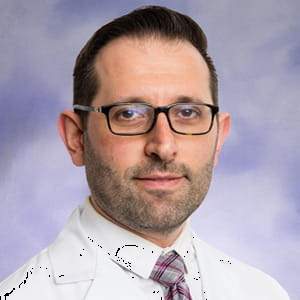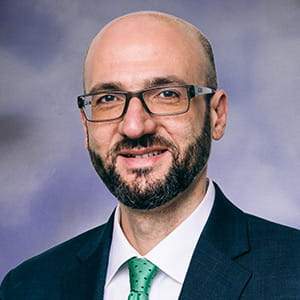It is especially important to be aware of the symptoms of heart attack or stroke, two leading causes of death in the United States. However, just as important as knowing about the symptoms is acknowledging that you are experiencing them.
“Time is muscle” is a saying that means the longer you delay seeking treatment for heart attack symptoms, the more damage your heart will sustain. The same is true for stroke: the longer you delay seeking help, the greater your chance for serious disability or death.
Symptoms of a heart attack
Call 911 if you experience:
- A sensation of pressure or pain in the chest, either when you are at rest or active
- Pain radiating down an arm (often the left arm) or to the jaw
- Other symptoms that may include sweating, weakness or shortness of breath
In women, heart attack symptoms sometimes differ from that of men. They may include:
- Sudden weakness
- A slight pressure in the chest, or pressure to the back or stomach
- Shortness of breath
- Sweating
- Heart palpitations
Patients already diagnosed with and receiving treatment for the heart condition known as angina pectoris should seek emergency treatment if they experience a new type of pain, or increase intensity or frequency of pain.
Heart attacks occur when a clot blocks an already-narrowed artery in the heart, cutting off the flow of blood. Fortunately, clot-busting medications, together with inventions such as balloon angioplasty and bypass surgery, have helped make this condition more treatable, as long as treatment is sought immediately.
Symptoms of a stroke
Call 911 if you experience:
- Weakness in your arm, leg or one side of your body
- A decrease in your level of consciousness
- Disorientation
- Difficulty speaking
- Dizziness or convulsions
- Sudden vision loss
The cause of a stroke may be a blood clot or a hemorrhage (bleeding) in the brain. Clot-busting drugs exist for blood clots in the brain, but their effectiveness in preventing damage depends upon the speed with which help is sought. Recovery from a stroke is directly related to the length of time blood flow to the affected area of the brain is deficient or completely blocked.






